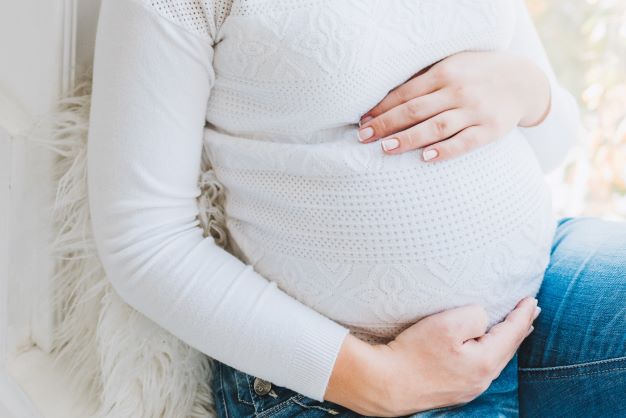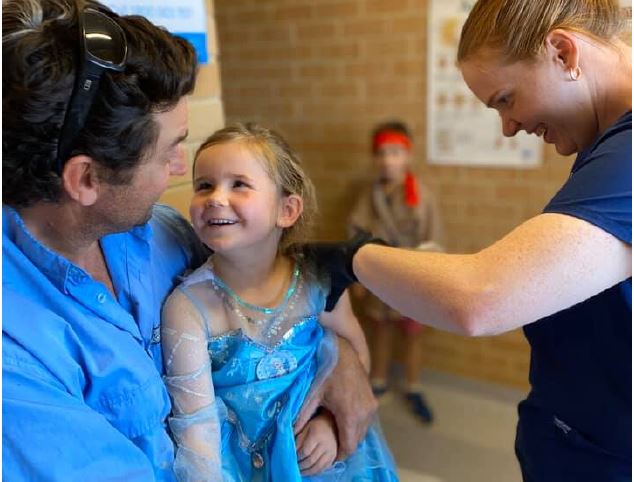Search
Research
Post hoc analysis of the PATRICIA randomized trial of the efficacy of human papillomavirus type 16 (HPV-16)/HPV-18 AS04-adjuvanted vaccineThe efficacy of the human papillomavirus type 16 (HPV-16)/HPV-18 AS04-adjuvanted vaccine against cervical infections with HPV...
Research
Febrile seizures following measles and varicella vaccines in young children in AustraliaFebrile seizures (FS) are common in childhood with incidence peaking in the second year of life when measles and varicella-containing vaccines are administered.
Research
Characterization of G2P[4] rotavirus strains causing outbreaks of gastroenteritis in the Northern Territory, Australia, in 1999, 2004 and 2009Outbreaks of rotavirus diarrhea cause a large disease burden in the Alice Springs region of the Northern Territory, Australia.
Research
Parental Tdap boosters and infant pertussis: a case-control studyCase households had fewer immunized mothers (22% vs 32%) or fathers (20% vs 31%) but were more likely to include additional and older children. After...
Research
Risk factors and comorbidities for invasive pneumococcal disease in Western Australian Aboriginal and non-Aboriginal peopleAustralian Aboriginal people have among the highest rates of invasive pneumococcal disease (IPD) worldwide. This paper investigates clinical diagnosis, risk...
Research
Predictors of Disease Severity in Children Hospitalized for Pertussis during an EpidemicThis study aimed to determine factors associated with severe pertussis in hospitalized children during an epidemic using a novel pertussis severity scoring...
News & Events
State Immunisation Strategy ReleasedThe State Government has launched a new strategy for improving immunisation rates among WA children, to prevent outbreaks of diseases like measles & meningitis

News & Events
The Kids Research Institute Australia researchers share in TPCHRF fundingEight The Kids Research Institute Australia researchers are among those who have received grant funding from the Telethon-Perth Children’s Hospital Research Fund (TPCHRF).

News & Events
Free vaccines for pregnant mums see monumental rise in protection for WA babiesNew collaborative research involving almost 600,000 pregnant mothers has demonstrated a dramatic increase in uptake of the whooping cough (pertussis) vaccine after identifying just 22 per cent of WA women had the maternal vaccination between 2012 – 2017.

News & Events
Landmark Australian influenza collaboration finalist for Eureka PrizeInfectious disease researchers who used a decade of scientific evidence to advocate for a nationwide childhood influenza immunisation policy have earned a finalist position at the country’s most prestigious science awards – the Australian Museum Eureka Prizes.
